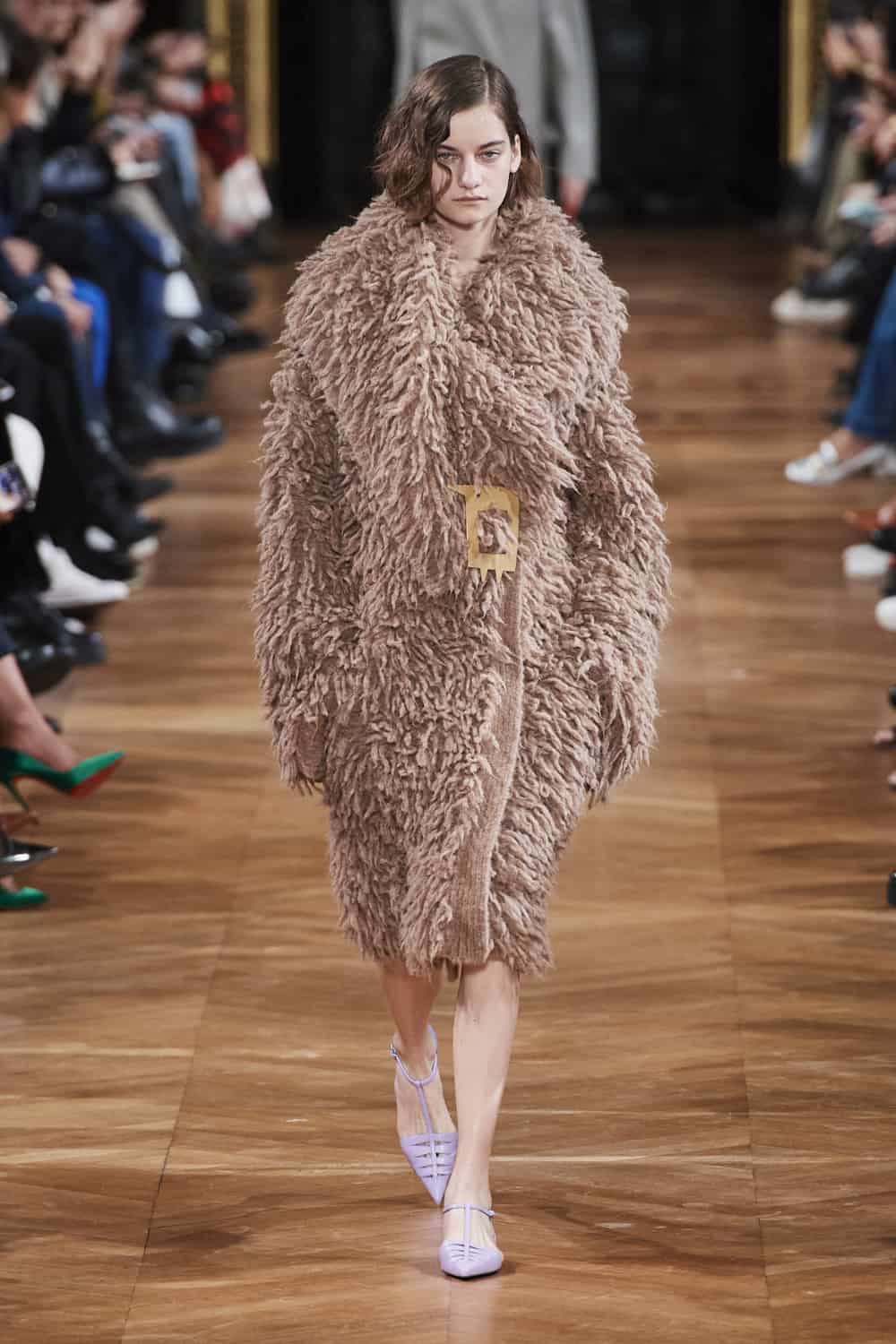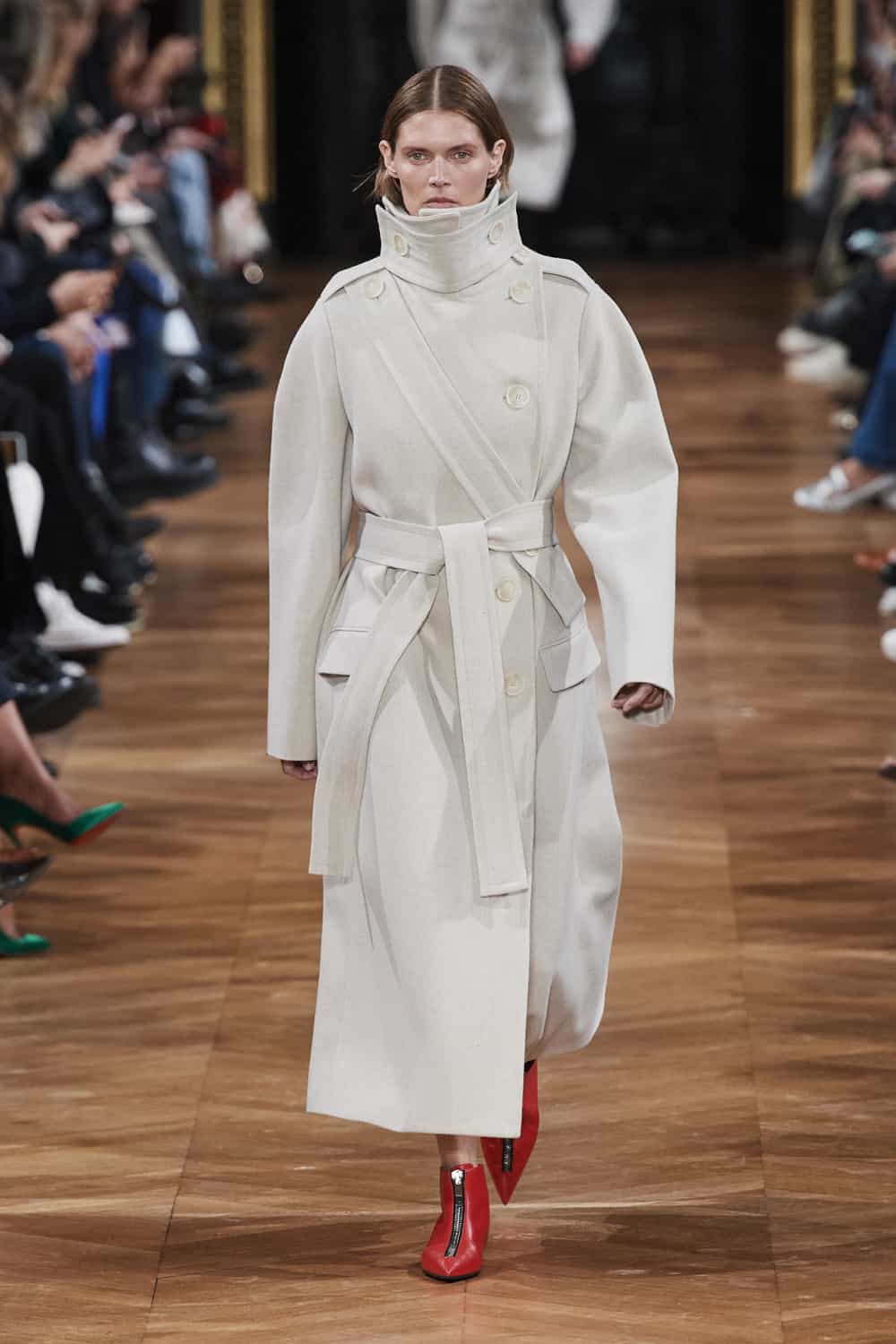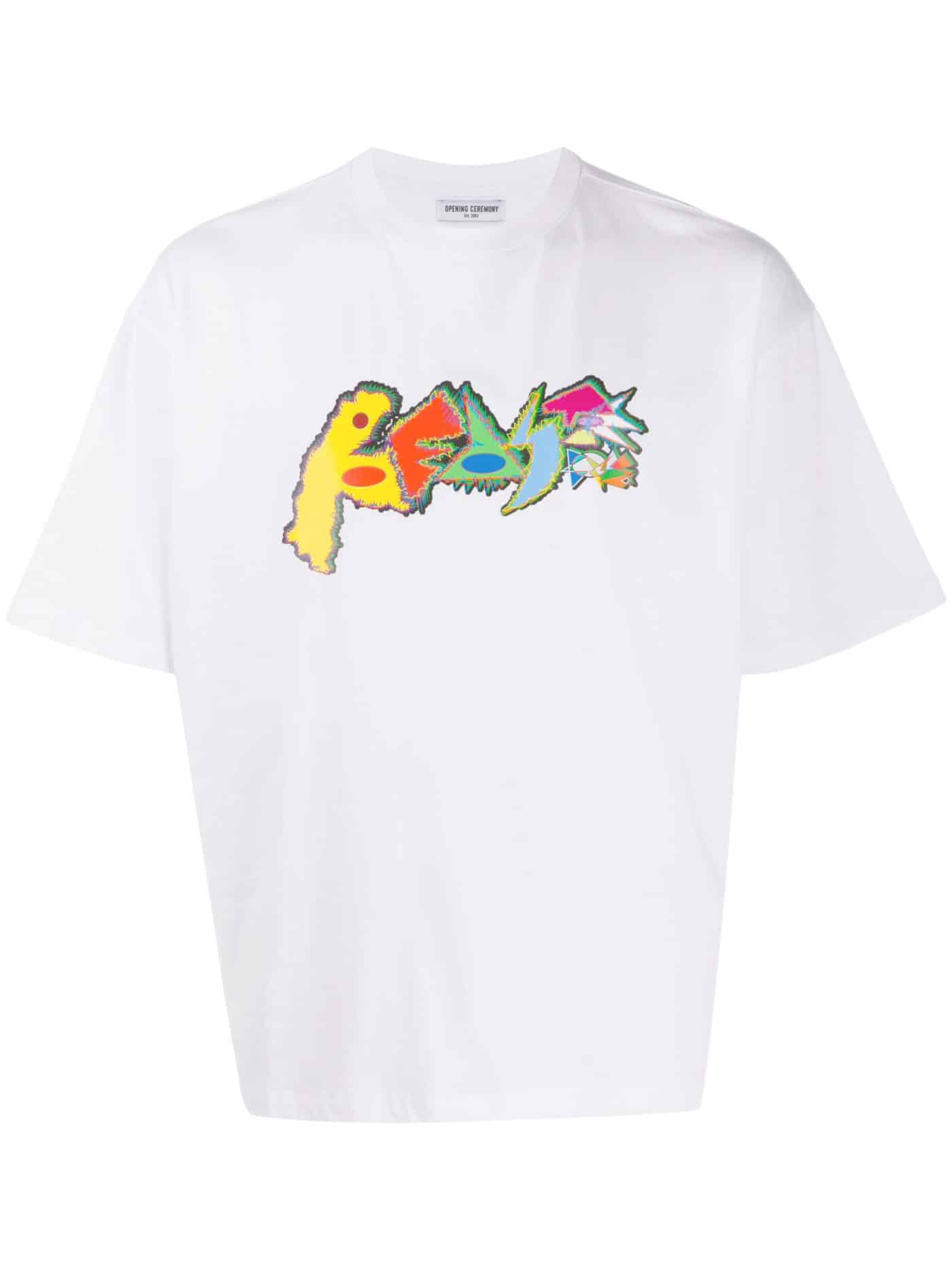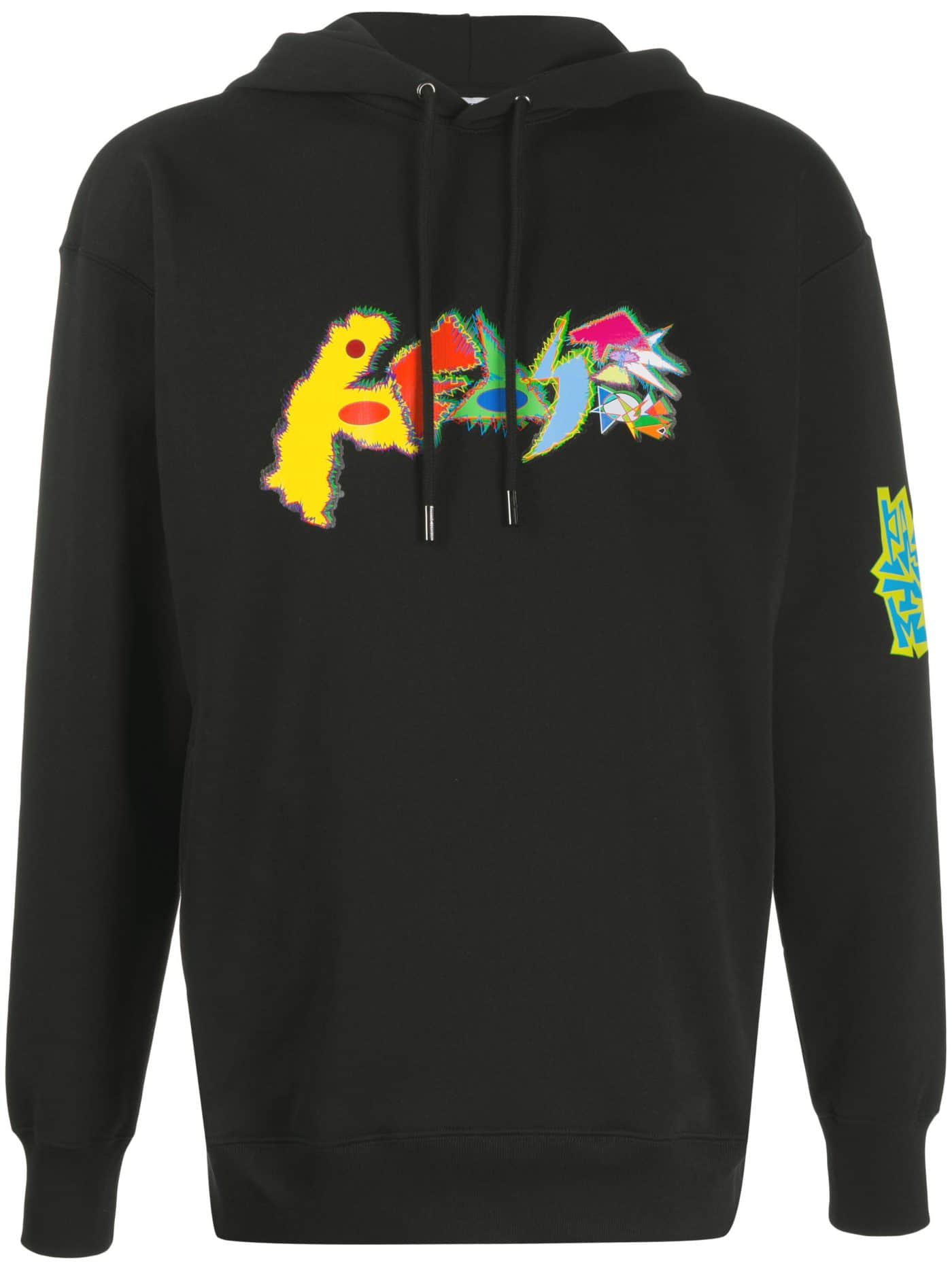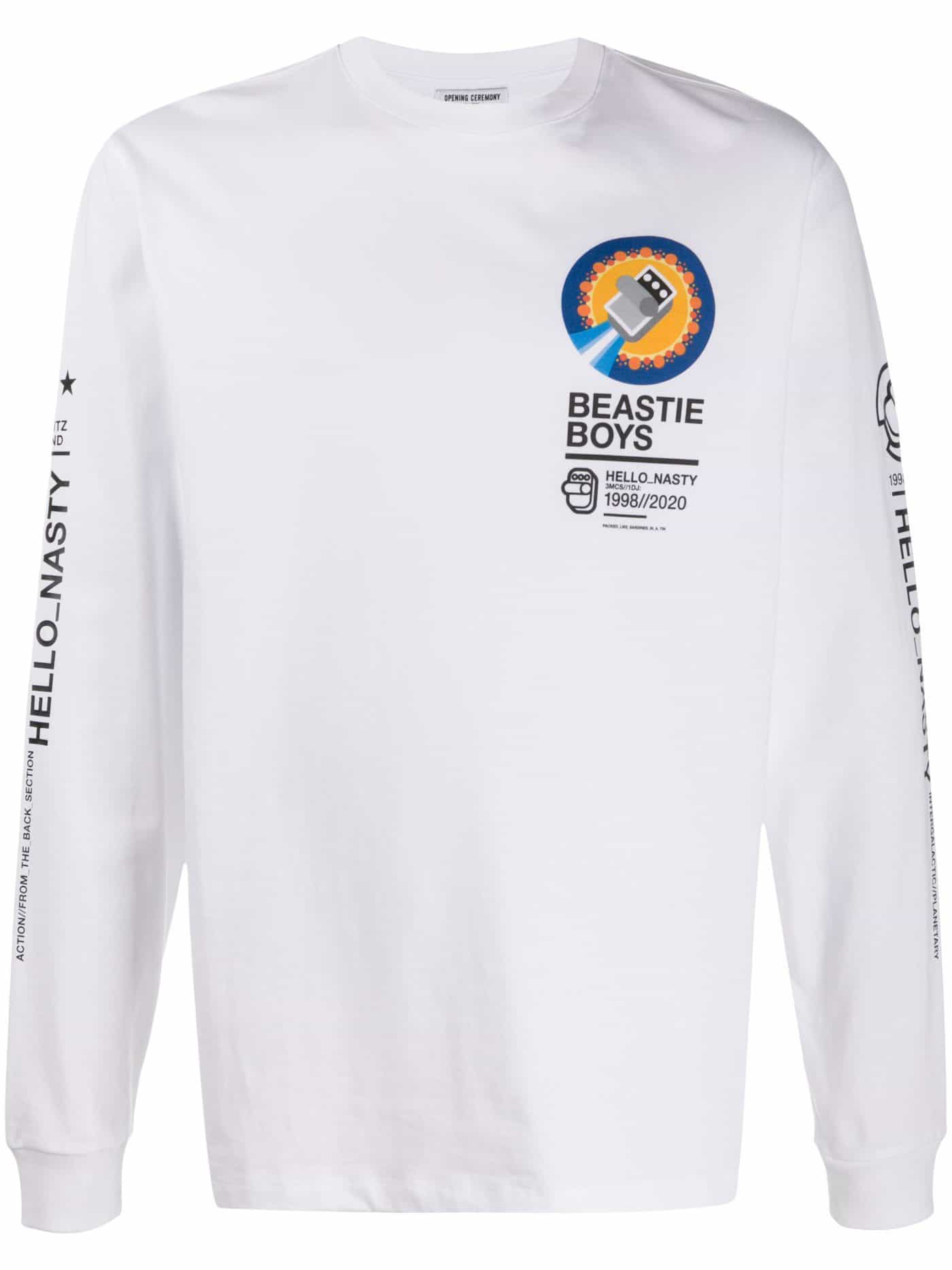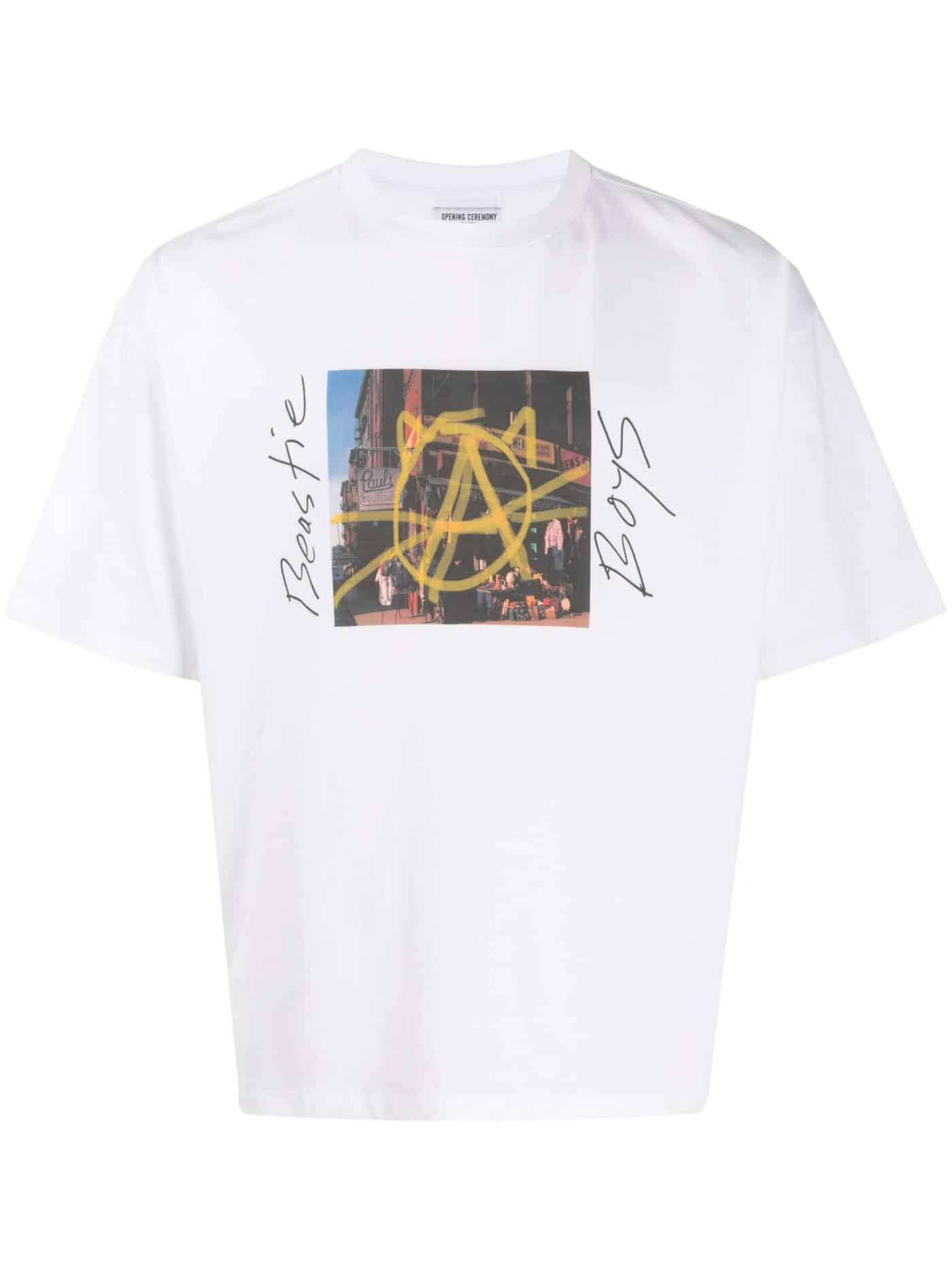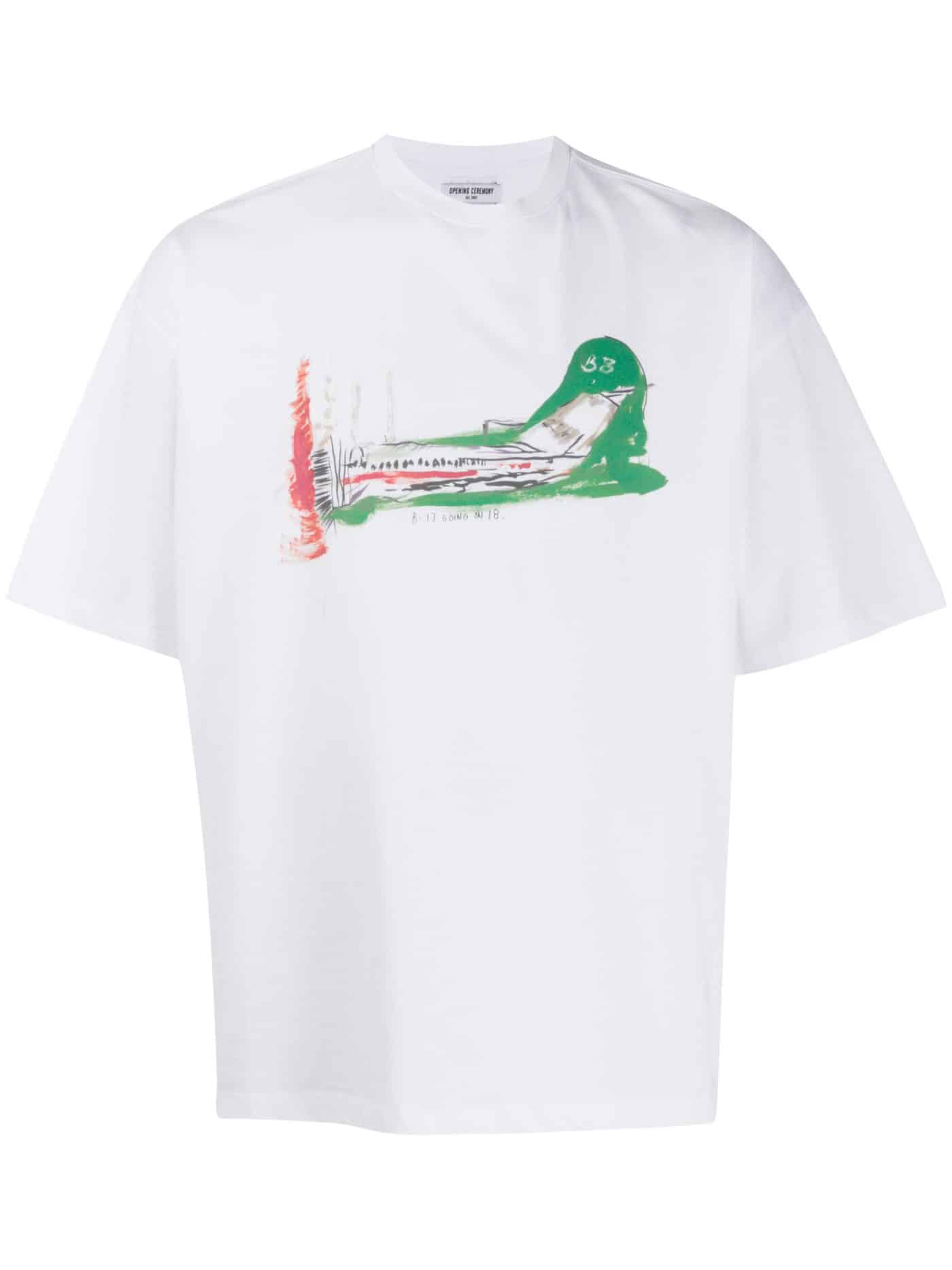Read today’s dose of chic intel right here…
Capri Holdings Commits to Net Zero Emissions and 100 Percent Renewable Energy by 2025
Today, Capri Holdings, which includes Michael Kors, Versace, and Jimmy Choo, released its first group-wide corporate social responsibility strategy, outlining the company’s global strategy to “achieve significant, measurable goals across a range of important environmental and social sustainability issues, including material sourcing, greenhouse gas emissions, water use, waste reduction, diversity and inclusion and philanthropic giving.” The company has also committed to, and has already been working towards, a number of important initiaties:
- All plastic in packaging to be recyclable, compostable, recycled or reusable by 2025
- 100% of point-of-sale packaging materials to be recyclable or sustainably sourced by 2025
- Partnering with key suppliers to reduce water use
- Traceability of its supply chain
- Sourcing at least 95% of its leather from certified tanneries by 2025
- Furthering diversity and inclusion within the organization, including through the company’s new Global D&I Council
- Supply chain empowerment programs focused on human rights and fair wages to be implemented in line with the UN Framework for Corporate Action on Workplace Women’s Health and Empowerment by 2025
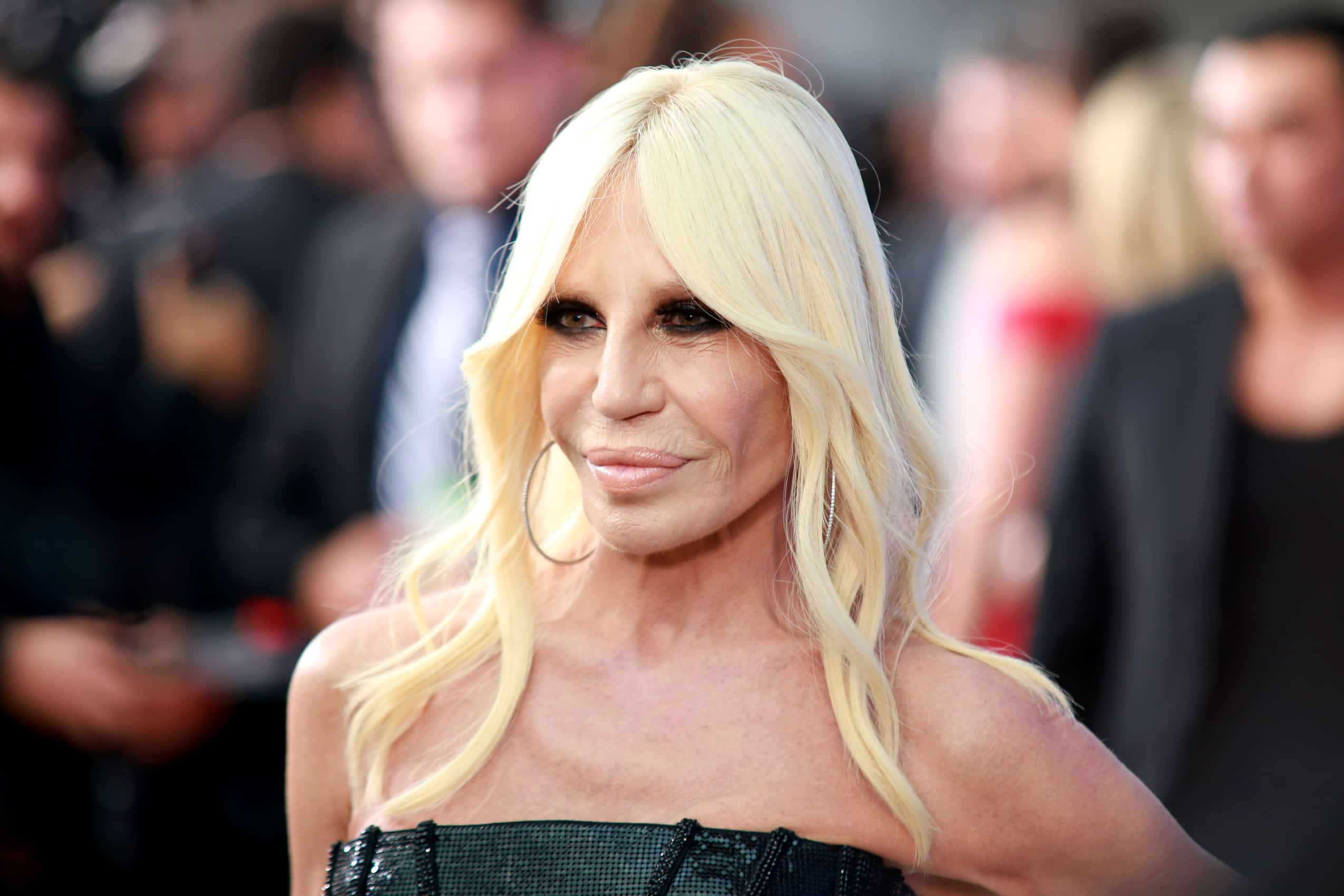
Donatella Versace (Patrick McMullan)
Stella McCartney: “I Don’t Think Anyone Needs to Buy Anything Ever Again” (WWD)
Stella McCartney is not one to put her environmental values on hold in the midst of a crisis. If anything, the current global situation has sharpened her own thinking about the immediate importance of constant innovation and the neverending march towards a more sustainable fashion industry. “I think that now more than ever is the time to look at our industry and say, OK, the truck loads of fast fashion that are incinerated or buried. That’s $100 billion worth of waste a year in fibers, in resourcing. It’s crazy. There is just so much we don’t need,” says McCartney. “And I agree, I don’t think anyone needs to buy anything ever again. It’s how you repurpose. This is what I think all the time; this is not anything new for me. That’s why I’m [looking] to the classics that I’ve created, because they’re timeless. It’s how I approach the birth of design — by starting with, how can I create something that lasts somebody a lifetime, and then another lifetime after that? How can I design something that is so not relying on a trend so that it can be recycled or repurposed or resold or rented? How can I encourage all of that? I am so open-minded to all of that.”
- Stella McCartney Fall 2020 (IMAXtree)
- Stella McCartney Fall 2020 (IMAXtree)
Gucci Set to Pull Back From Wholesale in the Wake of Coronavirus (Business of Fashion)
“Kering’s flagship brand saw revenue plunge 22 percent worldwide in the first quarter, as Covid-19 forced stores to close and consumers to cut back on luxury spending,” writes Business of Fashion, reporting on Kering’s Q1 financial report, which was released yesterday. “Saint Laurent’s sales fell 13 percent, while Bottega Veneta saw a 10 percent increase compared to a year ago when few of Daniel Lee’s designs had hit stores.”
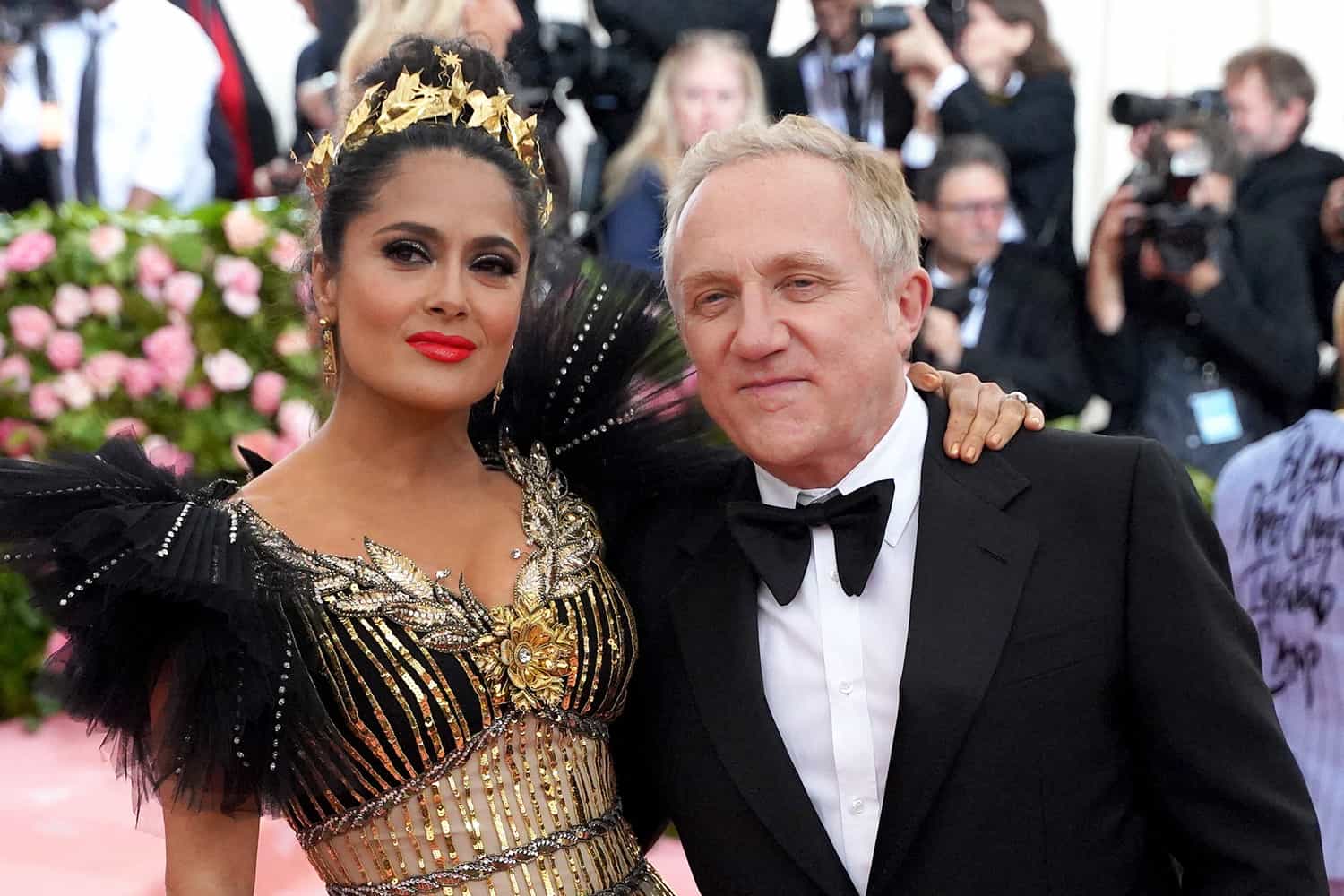
Salma Hayek in Gucci with Francois-Henri Pinault, CEO of Kering, at the 2019 Met Gala (Patrick McMullan)
According to Business of Fashion, “The pandemic will give Gucci even more of a reason to cut back on wholesale. Department stores are among the hardest-hit retailers this year, with Neiman Marcus reportedly considering a bankruptcy filing. Gucci had already reduced its reliance on wholesale, generating 85 percent of sales from its own channels.”
Social Sustainability, Overstock, And ‘Greenwashing’: How COVID-19 Is Changing the Fashion Industry (Forbes)
“In recent weeks it has been debated whether sustainability initiatives will take a back seat during and after COVID-19, largely due to the economic hardship likely to result from it,” writes Brooke Robert-Islam for Forbes. “I spoke to Francois Souchet, Lead of Make Fashion Circular at the Ellen Macarthur Foundation about whether sustainability initiatives and investment at fashion brands are under threat. He believes that for brands who have adopted waste management and sustainability initiatives at the core of their business, their sustainable transformation plans are secure. In contrast, it is the brands who have used sustainability as a marketing tool, rather than integral to their processes, that are likely to halt progress in this area.”
Fashion Nova to Pay Nearly $10 Million in New FTC Settlement (The Fashion Law)
“Fashion Nova is expected to pay $9.3 million for ‘failing to properly notify customers and give them the chance to cancel their orders when [it] failed to ship merchandise in a timely manner,'” writes The Fashion Law. “In furtherance of a proposed settlement with the Federal Trade Commission (“FTC”), which was announced on Tuesday, the California-based retailer is also allegedly on the hook for ‘illegally using gift cards to compensate consumers for unshipped merchandise instead of issuing refunds,’ which similarly runs afoul of federal rules.”
Farfetch Releases New Capsule With Opening Ceremony and the Beastie Boys
The Beastie Boys and Opening Ceremony have teamed up to create a limited edition collection of graphic pieces inspired by their iconic music. To celebrate Spike Jonze’s release of a new documentary and photo book on the Beasties Boys in April 2020, Opening Ceremony is created a special collection in tandem that celebrates their legacy and iconic imagery. Opening Ceremony curated a list of iconic artists (including those connected with the band) to re-interpret one of the Beastie Boys’ album covers with their own design. Additionally, Opening Ceremony designed a special piece inspired by the band’s own style legacy: a jumpsuit, as a nod to the famous one-piece uniforms worn by Beastie Boys during the 2004 MTV Music Awards and in their music video for “Intergalactic”. This piece is emblazoned with the traditional Beastie Boys logo.
The launch of the collection is part of Farfetch’s ongoing #SupportBoutiques campaign, whereby boutique owners in the Farfetch network offer a 25 percent discount to consumers in exchange for a 25 percent discount from Farfetch for use of their marketplace. “Altogether, our community represents hundreds of thousands of jobs around the world,” writes Farfetch founder and CEO, José Neves. “It is a hugely important part of our economy and also our culture, something that we all love and want to save. By #supportingboutiques we can help see them through this immensely difficult time. I wish you all health and love, and I know that we will get through this together.”
Subscribe to our newsletter and follow us on Facebook and Instagram to stay up to date on all the latest fashion news and juicy industry gossip.


